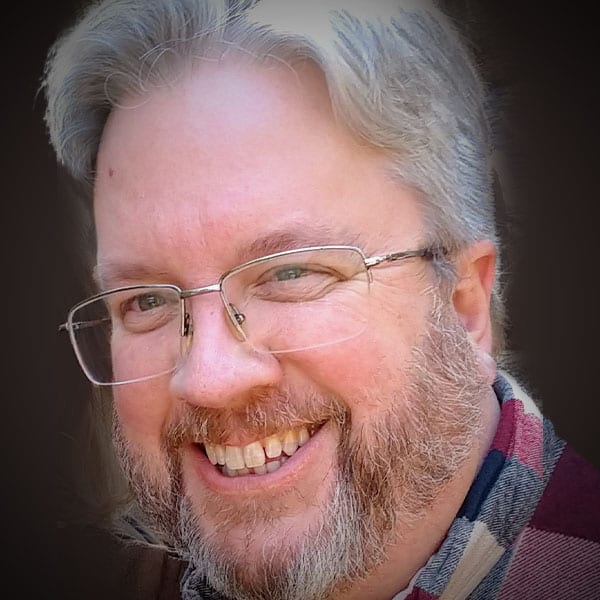
What is left to us now? He asked me. Rage, I replied. The exchange (my summation of a longer discussion) between Hirsch and Chaim from The Quarrel sticks with me. The argument is over tradition. The question concerns what can the Jewish people turn to after the Holocaust? At what point does anger turn to rage? At what point does rage become all-consuming violence?
Divine Rage
The recent self-immolation of Aaron Bushnell — a young active duty U.S. Airman — does not disturb many Americans. It has not been covered very well in national media. Chris Hedges refers to such protests as “divine violence” against radical evil. I am inclined to say it is an act of radical love against radical evil. Hedges goes so far to say, “He died for our sins.”
The question of divine rage against radical evil is always what form should it take? If self-immolation provokes some of us to doing acts of righteousness, why does it take this extreme form of protest to get us to act? Why does not everyone respond? It is because self-preservation is a basic instinct. If such an act provokes us, we are saying we potentially would do the same thing. Rage and self-preservation usually produce violence. But rage without self-preservation produces the otherwise unimaginable sacrifice. A person taking this form of witness can be considered deluded only when self-preservation is considered the highest moral goal.
Nonviolent Love
Nonviolence is not a form of protest with self-preservation as the highest moral goal. It is neither cowardice nor empty-promising. Nonviolence presents an alternative world to the one which produces rage in oppressed people. When we discuss the peaceable kingdom, we do not mean making this world less oppressive. Neither do we promise egalitarianism and freedom in the sense of self-possession. Rather, we are talking about a new community and way of being that considers mutuality and the gift of love as the highest goals.
The imprecatory psalms remind us though that rage over injustice is a real experience. It is not to be dismissed as desired victimhood. This rage is what makes our work toward a nonviolent world imperative. There is no peace without justice. And there is no justice without truth. Psalm 137 is particularly raw in the wishes expressed. The experience it tells undeniable. There is little room for reconciliation. Nevertheless it is possible.
Reconciliation of all things is possible under the sacrifice of Jesus. Nonviolent resolution takes a lot of work. Yet, the gospel story tells us it is worth it.












